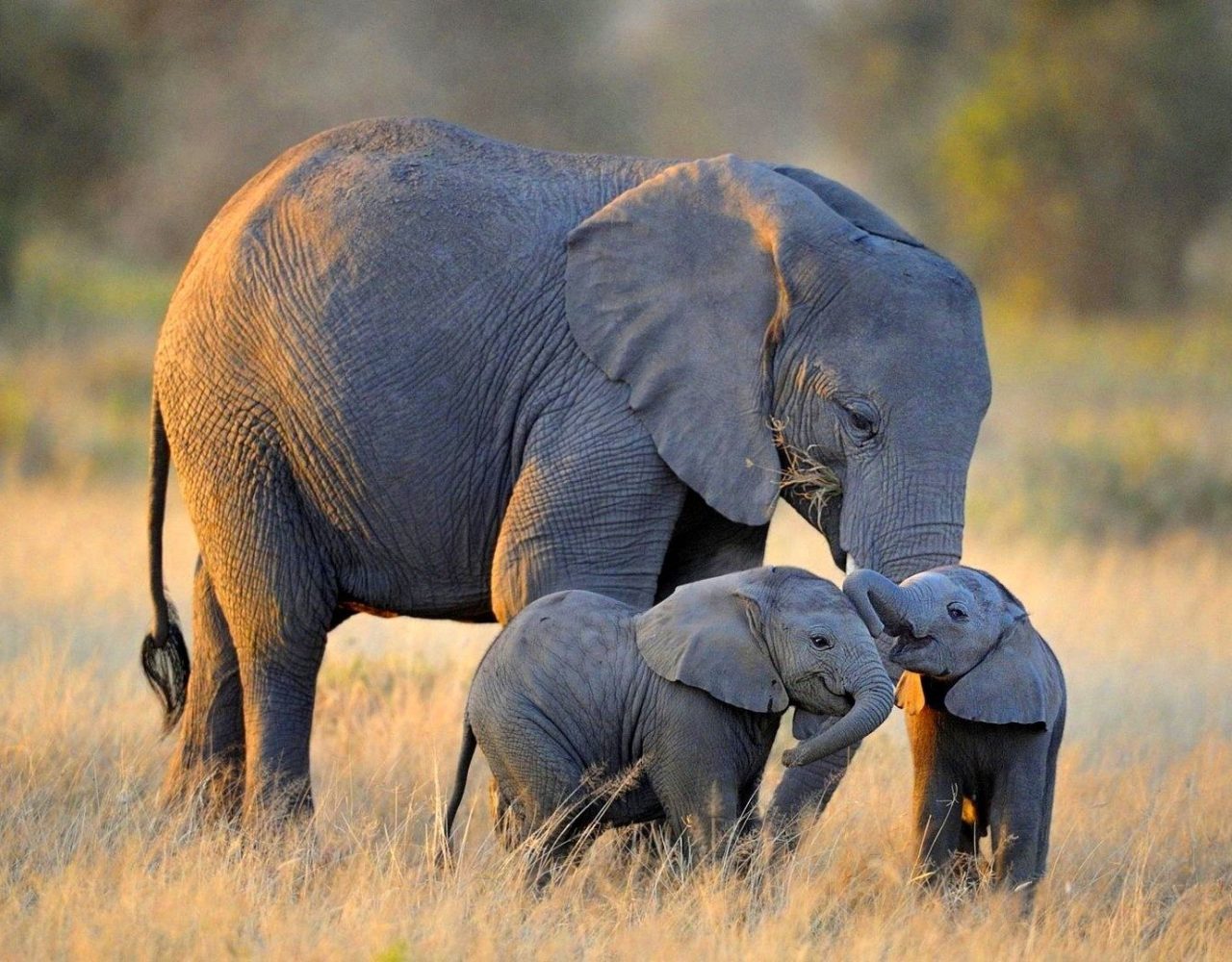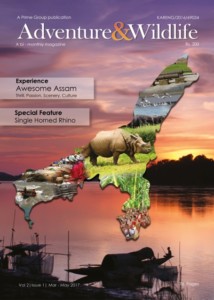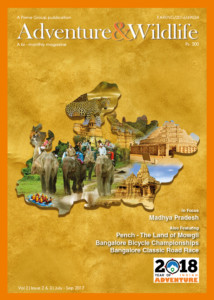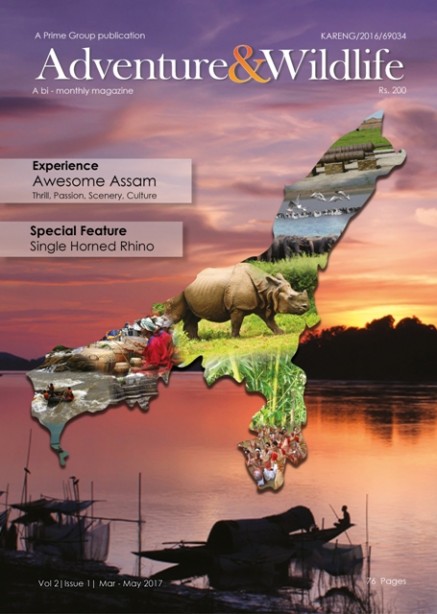
Google, Facebook side with elephants, rhinos, tigers

Big social media companies join with World Wildlife Fund to fight illegal sales
A week after the United States quietly lifted a ban on imports of sport-hunted elephants’ ivory and lion parts from certain African countries, the World Wildlife Fund has announced that Google, Facebook and other major tech companies are joining an effort to halt the illegal trade of wildlife and wildlife parts.
“Advances in technology and connectivity across the world, combined with rising buying power and demand for illegal wildlife products, have increased the ease of exchange from poacher to consumer,” the WWF said in a news release.
“As a result, an unregulated online market allows criminals to sell illegally obtained wildlife products across the globe. Purchasing elephant ivory, tiger cubs and pangolin scales is as easy as click, pay, ship.”
The U.S. Fish and Wildlife Service had in November lifted a ban on importing ivory and other elephant parts from animals killed by trophy hunters in Zambia and Zimbabwe. But President Donald Trump put the move on hold, suggesting such trophy hunting was a “horror show.”
But in a March 1 memo, the Fish and Wildlife service said it would evaluate import permits for parts from elephants, lions and bontebok antelopes killed in specific countries “on a case-by-case basis.”
However, poaching and the illegal trade of wildlife and animal parts have raised fears that some species, including African elephants, mountain gorillas and white rhinos, could lead to their disappearance within our lifetimes. And much of the trading is now facilitated by the internet, the WWF said.
To stop illegal online trading of wild animals and their parts, the WWF will bring together its partners — including a number of large tech companies — to share “lessons learned and best practices,” the organization announced.
Source: http://www.thegazette.com/google-facebook-side-with-elephants-rhinos-tigers-20180308



































